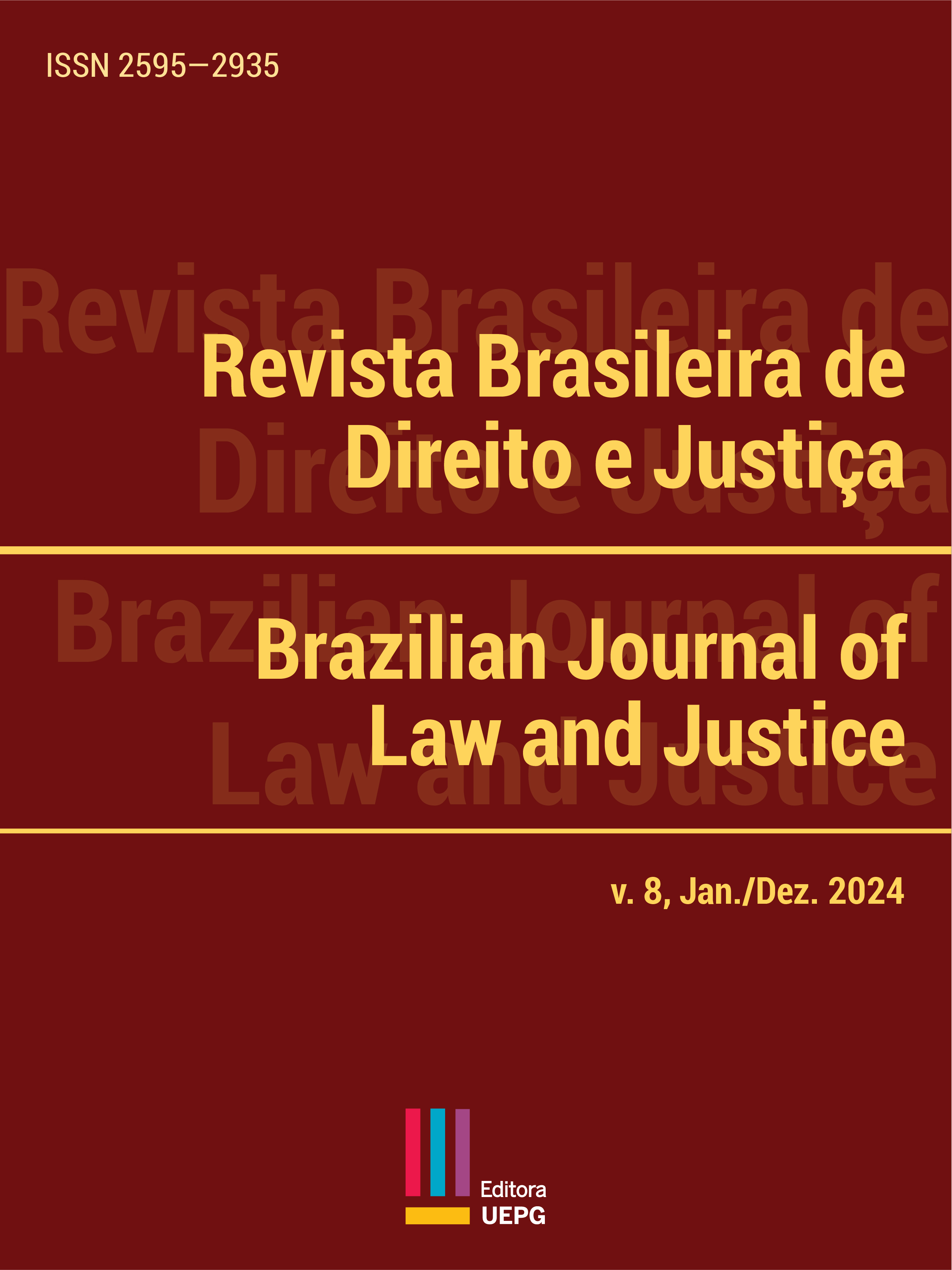ESBOÇOS DO PROVIR PARA UMA REFORMA CONSTITUCIONAL ECOLÓGICA
Abstract
The changes of the conjuncture of the period driven the Brazilian Constitutions. Based on this assumption, this paper aims, using critical analysis and the hypothetical-inductive method, to investigate how the contemporary environmental crisis demands a constitutional reform. To this end, a historical review is made of the social, political, economic and cultural disconnects that engendered constitutional adjustments, from the beginning, until the promulgation of the Federal Constitution of 1988. Subsequently, and from an interdisciplinary perspective, scientific projections are examined in contemporary environmental issues in an attempt to superimpose a new axiom for constitutional hermeneutics. Ecological valuation is based on the defense of earmarked funds as well as a Supranational Environmental Constituent Power. Far from orchestrating a utopia, this article defends the impossibility of collective actions in favor of the environment, especially given the imminence of a collapse. The methodology used is dialectical in the search to counteract antagonisms that give rise to new contradictions. The importance of the writing will be multidisciplinary, as living in a healthy and reliable environment for the next generations is of global interest.
Downloads

Downloads
Published
Issue
Section
License
Authors who publish in this journal agree to the following terms:
1. Authors maintain copyright and grant the journal the right of first publication, with the work simultaneously licensed under the Creative Commons Attribution License that allows for the sharing of work with recognition of its authorship and initial publication in this journal.
2. This journal offers open access to its content to promote the visibility of articles and reviews published. For more information on this approach, visit the Public Knowledge Project, a project that improves the academic and public quality of research studies. This project supports the OJS and other open access publishing software for academic sources. Names and email addresses included on this site will be used exclusively for the journal's purposes and are not available for other purposes.

